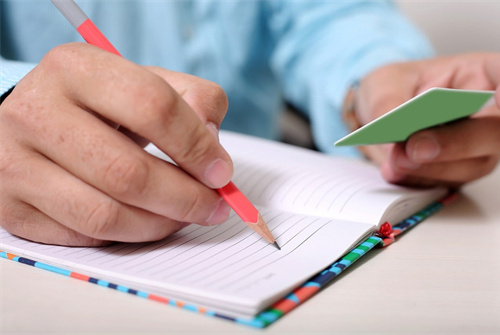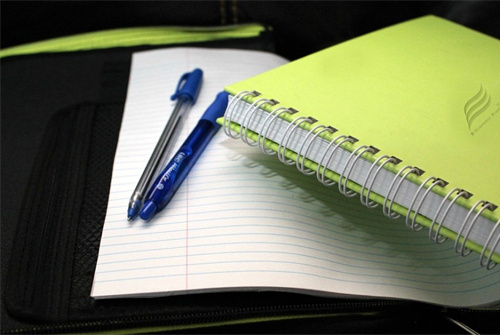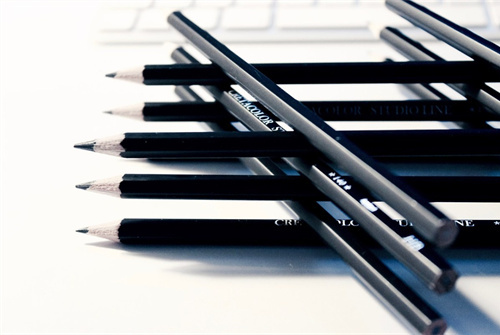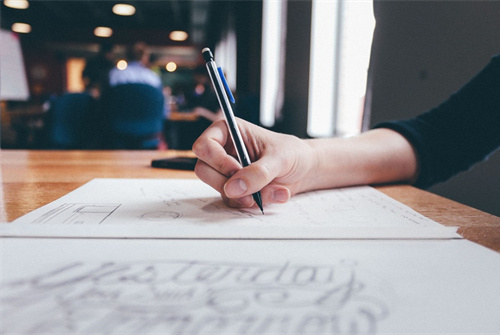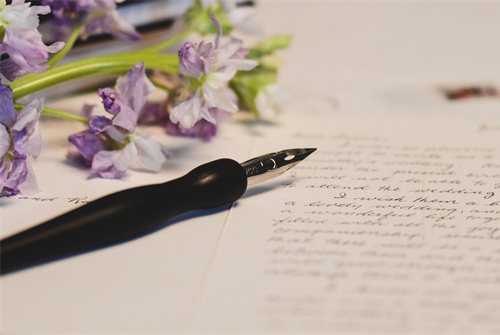英文邮件结尾常用语(英文邮件结尾表示感谢怎么写)
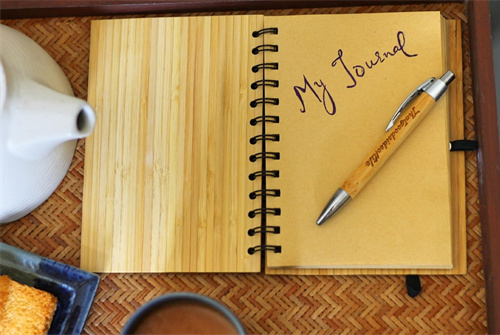
一封出色的英文邮件,每一个细节都至关重要。
邮件的结尾语“祝好”“此致敬礼”也是很有讲究的,我们常用的Best wishes、Yours又有什么区别呢?
除了这两个,还有哪些更地道更专业的结束语呢?他们又要怎么使用呢?今天我们就来看一下。
01
Love
Very personal. Used between lovers, families and close friends.
非常私人化的一种说法,用于爱人,家人和亲密的朋友之间。
02
Cheers
Very casual. Used between friends.
Can be used between coworkers if you don‘t want to appear very formal, at the risk of sounding unprofessional.
如果你不想显得太正式,你也可以用于同事之间。不过要注意的是Cheers会让你显得不那么专业。
03
Take care
Casual and used between friends.
用于朋友之间比较随意的一种说法。
04
Thanks / Thank You
Thanks is very casual and Thank You is formal.
Usually used in a business setting. Thank You is a great way to end an email to a stranger, especially if you are making a request or asking a question.
Thanks是比较随意的说法,而Thank you就会显得很正式,一般都会用在商务场合。
对于陌生人,尤其是你在提出请求或问题时,“Thank you”是一个非常好的结束方式。
05
Yours / Yours Truly /Truly
Casual or Business casual.
A more personal, but still a polite way to end the letter.
可是算是半商务半休闲的说法。
既可以比较私人化,但却不失为一种礼貌的结尾。
06
Best / Best Wishes
Casual or Business casual.
A polite way to end the letter. Can be used between friends or strangers.
这个的使用范围也比较广泛,一种礼貌的结束方式。
既可以用在朋友也可以用在陌生人之间。
07
Sincerely/ Sincerely Yours
Casual, Business casual or Formal. Sincerely is the most standard and versatile ending.
If youre not sure about how to sign your letter, use Sincerely.
如果你不确定究竟要用哪个,那就用“Sincerely”吧!
08
Regards/ Best Regards
Business casual or formal.
You would use this if the recipient is someone you havent met in real life.
相对偏正式一些,如果邮件的接收者是你从来没有见过面的人,你就可以用这个.
09
Cordially
Formal. Used in business correspondence when the topic of the letter is serious.
非常正式的一种用法。用于主题严肃的商业函件。

